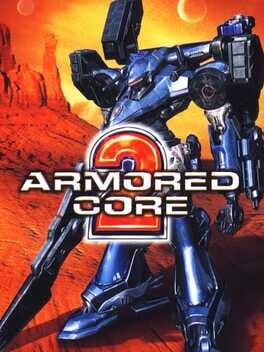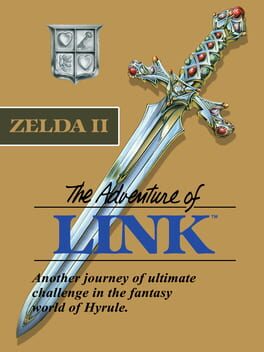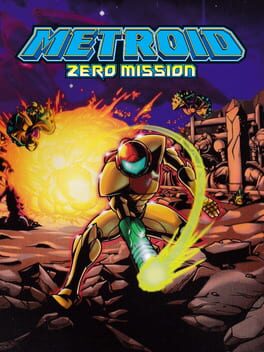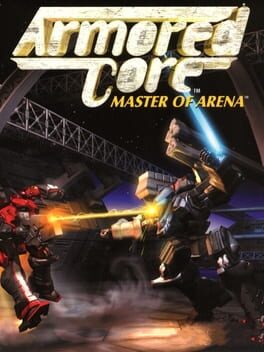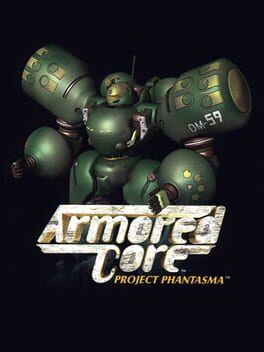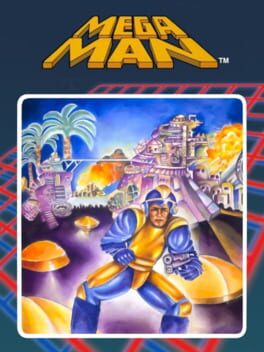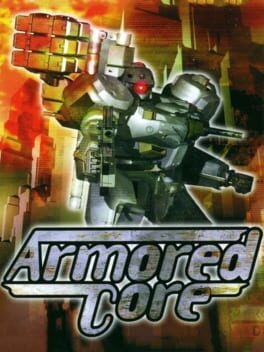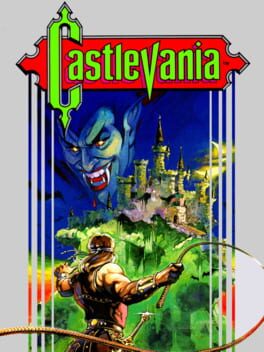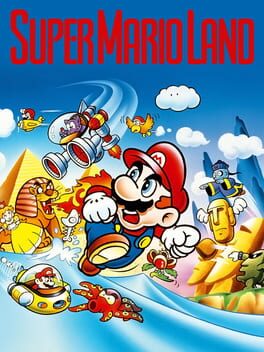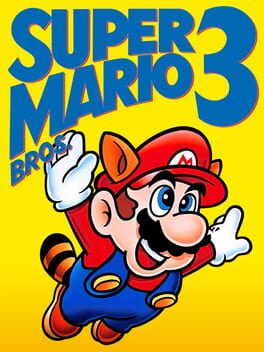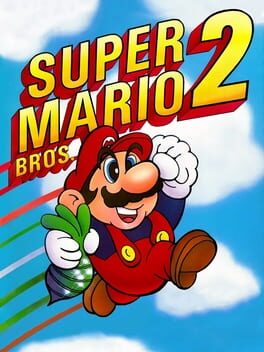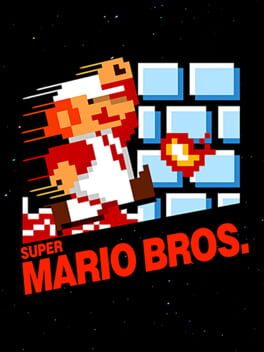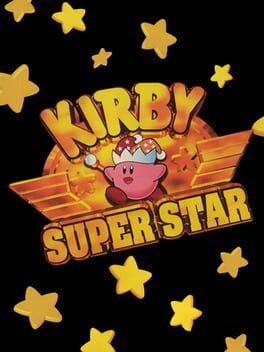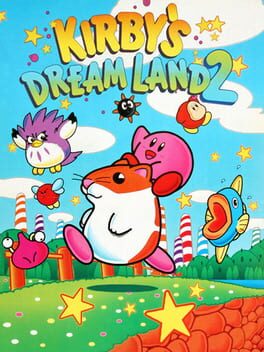Tin_Cake
2000
Takes everything I enjoyed about AC1 and makes it better. The control scheme is still the uber-wonky shoulder-look scheme, and will stay that way for ~4 more games, which is why I'm skipping through a lot of the in-between entries after this. Worth noting that the QoL does seem to improve from entry to entry, from menu navigation to graphics to gameplay.
Shelving for now, though I'm glad I gave it a shot. I'm also glad that the decision was made to veer back towards the original "vibe" of the first LoZ for the time being before the series made the jump to 3D. As it stands, this is a unique but not terribly fun entry into the series, basically equally as obtuse as the first game but with far more frustrating side-scrolling and forced encounters.
My understanding of this game is that it's a 1:1 recreation of the original Metroid, with some quality of life updates regarding gameplay and visuals. With that in mind, I think this (and the original by extension) are phenomenal games and deserving of their praise in kicking off the world of "Metroidvanias." Zero Mission's additional content is fun, though I think it was already a solid game without it, and this is a more accessible way to get new fans into the series.
(Shameless copy of my Project Phantasma notes) More of the same post-AC1. If you really want to go back and play all of these games, I'm sure you'll like MoA just as much as AC1, but I don't see any reason to burn through all of them knowing that there are plenty of QoL changes down the road for the series!
1987
Fun little ride! I used a guide to figure out the best order to complete the levels in, but beyond that I basically played it blind. It felt like a more varied, way less frustrating Castlevania. I can 100% see how Shovel Knight's devs pulled a ton of inspiration out of these games. SK is practically the world's greatest love letter to them.
1997
I can see myself getting really into this series! I played through this entire campaign, then spent a little time in Project Phantasma but skipped Master of Arena entirely. Think I get the picture of these gen 1 versions without having to play all three of them to completion. Maybe one day if I really want to push myself, but prob not. Interested to see where the series takes me in the coming generations. Control scheme is very weird to get used to, but I'm slowly coming around to it. I also don't see myself beating any of these blind, not necessarily from a story perspective, but much like other noteworthy FromSoftware games, some of the items / descriptions / mechanics are just super obscure and warrant some research, especially as I try to burn through their backlog a little more quickly.
1986
This review contains spoilers
I'm probably out of touch with platformers at this point, but man, this was a serious test of my patience. I enjoyed it for what it was, and it was interesting to see one of the original Castlevania games as a "non-Metroidvania" which is even weird to say. A fun ride all the same, but it was a struggle. Last two levels, specifically the second-to-last boss (Death), the entire last level, and the final boss (both forms of Dracula) were major pains.
1989
This review contains spoilers
What a wild ride. I don't believe I ever owned an original Game Boy (or we sold it before I ever got too far in these games), so this was actually a practically new experience for me when I got around to it recently. Again, as someone who is used to a certain SMB "formula," at least from 2D Mario, playing this game was shocking in a lot of places. The tone and locales are WAY different than other installments around this time, focusing heavily on the ancient Egypt aesthetic, not to mention the fact that the gameplay veers HARD at the very end of the game, culminating in a final boss that is much more akin to a shoot-em-up in an airplane. Not complaining, as it was a funny and pleasant surprise, but I'm also not surprised that Nintendo chose not to follow in this direction for much longer.
1988
Beat this on the GBA re-release 20 years ago, but that's not a platform option. One of, if not my very favorite traditional platformers. Still holds up today. Great introduction of eventual mainstays like the super leaf and Tanooki suit, and while the "moving encounters" in the overworld could be stressful, I appreciated the variety they brought to the game. Speaking of, I believe this is the first Mario game to use the overworld setup - another feather in the cap!
1993
One game into the series and the mechanics / gameplay variety already begins. While I technically beat SM Advance and not the OG, I can still recall the wild variety of locales and the emphasis on the veggie (and enemy) tossing over the more traditional platforming elements. Fun, if unexpected, and I'm glad this wasn't the permanent direction that the series took."
1985
Beating this felt like a true accomplishment, though in hindsight it wasn't terribly difficult. One of those games that you feel like you ought to have beaten decades ago. The last world is a true test of patience and the final level is still a nail-biter no matter how you cut it. Knowledge of warp paths and hidden items is immensely helpful, and the game is short enough that discovering these spots can make an entire run feel much smoother and more accessible.
1986
This game was truly designed with the manual in mind. It's possible to beat the game without the manual, I suppose, but it would still be an absolute slog to try to romp through this at random and hope that you run across sensible upgrades / the "correct" dungeons at the ideal time. Even with the manual, there are plenty of obtuse mechanics and unclear progression points. The core gameplay loop of LOZ is already very evident here, but thankfully things become a lot more clear in the future.
1996
A Kirby "gimmick" in a different direction, it was interesting to see the smattering of mini-games coupled with several normal Kirby "campaigns" stuffed into one larger package. Introduction of even more repeat characters, specifically Meta Knight and his Halberd crew. This game clearly had an impact on the Kirby core design moving forward, given how many Kirby spin-offs and mini games come out now, and one could argue that this delving into spin-offs might have been the original genesis of what would one day become SSB.
1995
Introduction of repeat animal friends that you ride / partner with to make it through the level. Otherwise more of the same, but this push to add new features is interesting given that it's the first real "branch" we see in Kirby games, knowing that in the future, practically every mainline Kirby game has a gimmick off of which the main gameplay loop is built.
